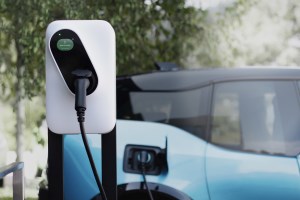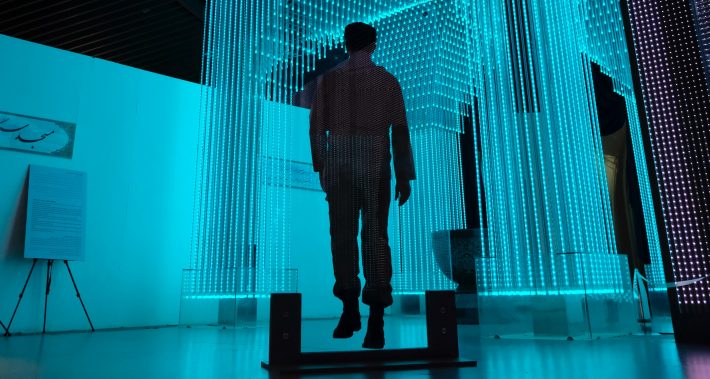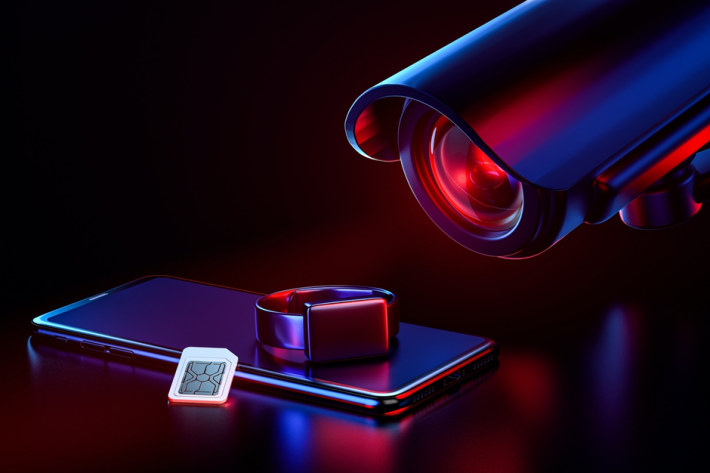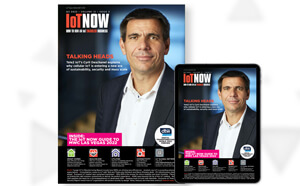Thalwil, Switzerland. 6 October 2022 – u-blox, a global provider of positioning and wireless communication technologies and services, has announced new explorer kits to make it quicker and easier for engineers to design and evaluate products requiring centimetre-level positioning capabilities.
Set to launch in early 2023, the ready-to-use XPLR-HPG-1 and XPLR-HPG-2 solutions will for the first time combine u-blox’s unique offering across the key technologies required to achieve highly precise positioning. As well as an open MCU, they’ll include high-precision GNSS (HPG) positioning with real-time kinematic (RTK), dead reckoning, cellular, Wi-Fi and Bluetooth communications, and the necessary antennas. Crucially, the kits are designed to integrate seamlessly with complementary u-blox services, such as PointPerfect GNSS augmentation service, and the ubxlib software component. ubxlib simplifies the developer experience across u-blox products and services, particularly during component evaluation and prototyping.
The kits will assist engineers working in areas such as micromobility and low-speed robotics, helping them build, test and demonstrate early-stage proofs of concept more quickly, thereby supporting faster overall time-to-market.
Two variants give a choice of flexibility and compactness
Both explorer kits will include the full gamut of u-blox technology and software required. The modular XPLR-HPG-1 kit will be based around the wireless MCU in the u-blox NORA-W106, with its Wi-Fi and Bluetooth LE capabilities, and will give engineers flexibility to adjust their solutions to their precise needs, using MIKROE Click boards featuring a variety of u-blox modules. The kit will include three Click boards, which respectively incorporate the ZED-F9R high-precision RTK GNSS module, the LARA-R6001D LTE Cat 1 module (global coverage and with built-in MQTT client), and the NEO-D9S L-band correction data receiver module. Engineers can purchase others, based on their application’s needs. The kit’s source code will include example software for the Espressif IoT Development Framework (ESP-IDF), based on ubxlib software components.
The compact XPLR-HPG-2, meanwhile, will deliver an integrated solution, incorporating the ZED-F9R high-precision RTK GNSS, LARA-R6001D LTE Cat 1 (with global coverage and built-in MQTT client) and NEO-D9S L-band correction data receiver modules, as well as the NINA-W106 with its MCU, Bluetooth LE and Wi-Fi capabilities.
Having the blend of technologies available in a single explorer kit will give designers the ability to achieve cm-level positioning in a variety of scenarios. The GNSS receiver provides an initial position reading, which is then refined using correction data from the PointPerfect service, delivered using L-band satellite signals, as well as cellular and/or Wi-Fi communication.
Pelle Svensson, senior principal product strategy, product strategy short range radio at u-blox says, “Centimetre-level positioning accuracy is becoming increasingly important for both consumer and industrial applications. It relies on getting GNSS technology working hand-in-hand with wireless communication capabilities, to link in with augmentation data services such as PointPerfect. Our aim with these new kits is to make the process as simple as possible for design engineers, by providing all the key technologies and services in one place. This will enable them to create rapid proofs of concept of their solutions, and ultimately get the finished product into customers’ hands more quickly.”
The new kits will be available in early 2023. Engineers can find out more on the XPLR-HPG-1 and XPLR-HPG-2 pages on the u-blox website.
Comment on this article below or via Twitter: @IoTNow_OR @jcIoTnow






